Russia’s Gazprom settles dispute with EU antitrust bodies
Russia’s giant energy company Gazprom, which is involved in massive gas exports to Europe, has reached an agreement with European Union antitrust regulators, in what could settle long-running disputes over the company’s pricing mechanisms and its reluctance to allow competition in Eastern Europe.
European Competition Commissioner Margrethe Vestager said Thursday that the EU had accepted a series of offers by Gazprom, which could allay concerns about alleged market abuse by the company.
Vestager, known for imposing harsh fines on global companies like US tech giant Google, said the decision to accept Gazprom’s concessions “removes obstacles” created by the company to the free flow of gas within the European Union.
“As always, this case is not about the flag of the company – it is about achieving the outcome that best serves European consumers and businesses,” Vestager said in a statement, adding that the concessions would also provide “a tailor-made rulebook for Gazprom’s future conduct.”
Under the deal, which had been agreed more than a year ago and finalized earlier this year, Gazprom would be obliged to coordinate its prices with those of Western European gas market hubs.
The deal also prevents Gazprom from setting constraints in contracts that had prevented clients from reselling its gas. That would enable Bulgaria, which is heavily dependent on Gazprom supplies, and its transmission network operator to take charge of Russia’s gas flows to Greece.

The deal, which will be valid for the next eight years, helps Gazprom escape heavy fines that could amount to as much as 10 percent of the company’s global turnover. It also closed EU’s longest-running antitrust case that began with dawn raids on 20 Gazprom offices in 10 countries in 2011.
However, the deal could be seen as a serious blow to efforts by Poland and other eastern EU countries to press Brussels on a tougher line toward Moscow. Several of the eight EU member states in the east, all formerly dominated by Moscow, had delayed the deal by providing critical feedback to the antitrust body. Gazprom has always rejected the charges by Bulgaria, Hungary, Slovakia and also the Czech Republic.
Gunmen kill at least 32 people in northern Nigeria
Israel attacks south Lebanon amid ongoing ceasefire violations
Discover Iran: Shahr-e Sukhteh, a Bronze Age marvel of urban planning, artistry and trade
VIDEO | Thousands march against NATO summit in Munich
VIDEO | Press TV's news headlines
Child detentions surge under Trump deportation campaign: Report
VIDEO | Trump's Gaza 'peace plan' dismissed as 'one-sided and unworkable'
Sheikh Qassem: Hezbollah foiled objectives of enemy’s aggression


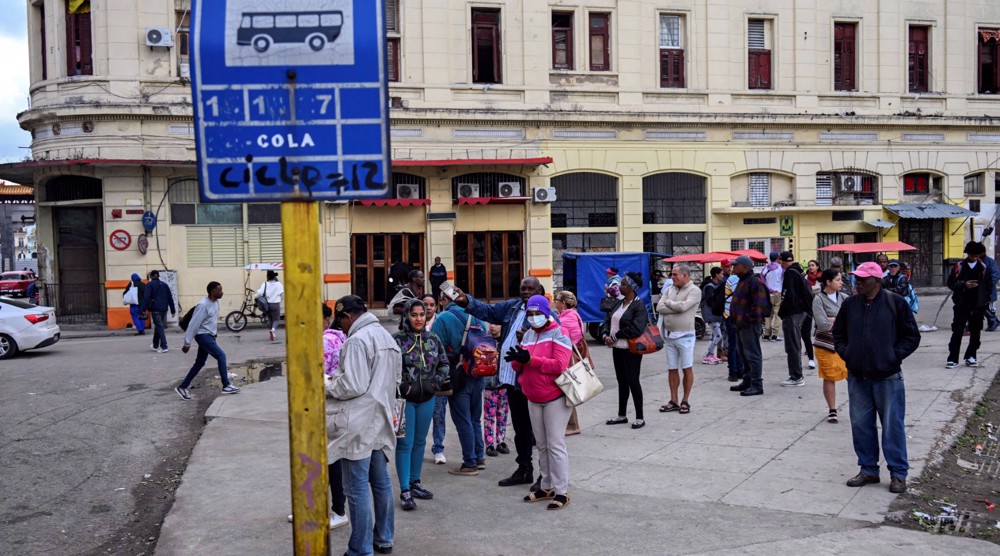
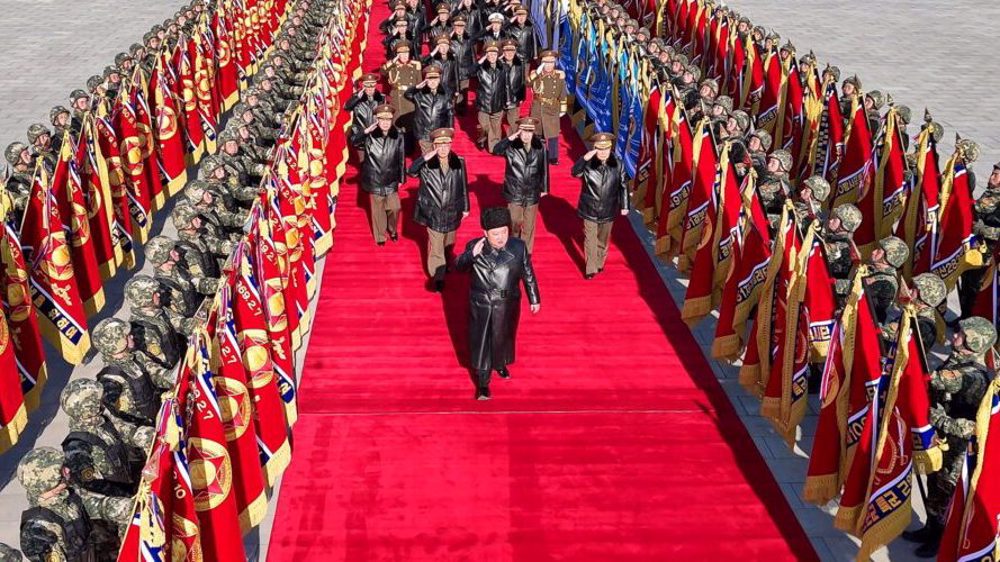
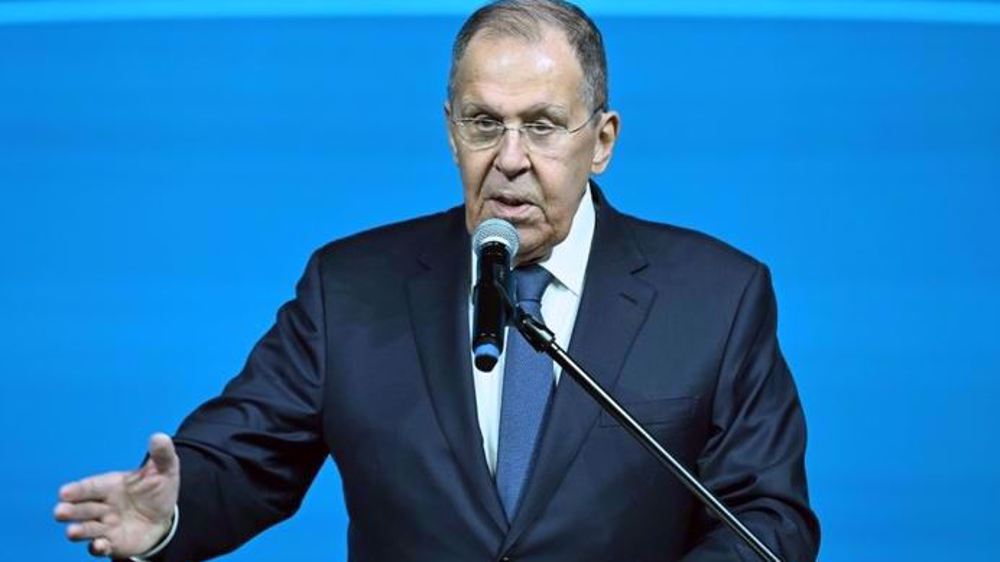



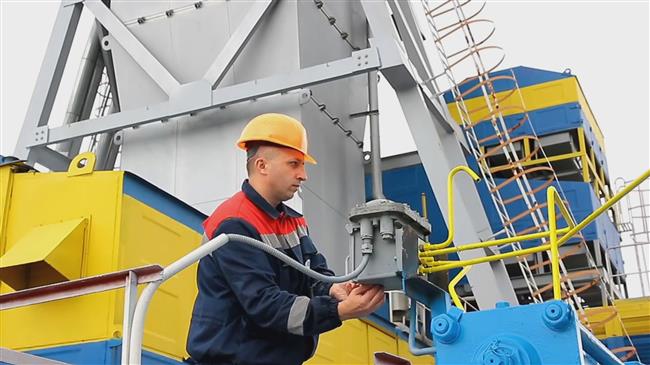
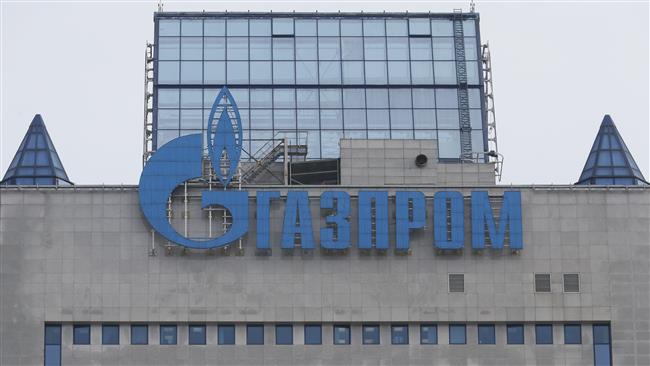

 This makes it easy to access the Press TV website
This makes it easy to access the Press TV website